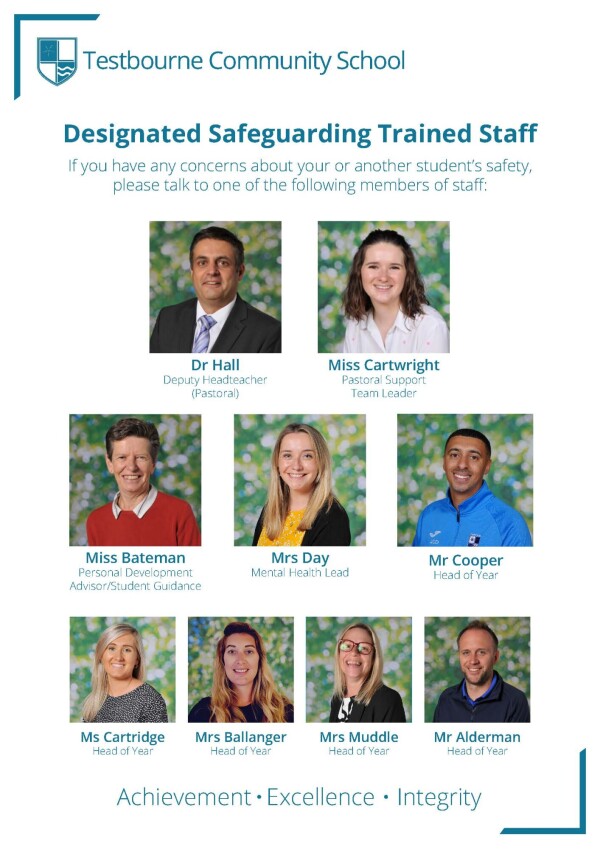Safeguarding
Testbourne School is committed to safeguarding students and promoting student’s welfare and expects all staff, governors, volunteers and visitors to share this commitment and maintain a vigilant and safe environment. It is our willingness to work in a safe manner and challenge inappropriate behaviour that underpins this commitment.
For the 2025-2026 academic year our DSL Team will be:
- Dr Hall (Deputy Headteacher - Pastoral and Senior Strategic DSL)
- Miss Cartwright (Pastoral Support Team Leader and Senior Operational DSL)
Deputy DSL
- Mrs Day (Whole School Mental Health Lead)
- Miss Bateman (Student Advisor and Counselling)
- Mr Cooper (Head of Year)
- Mrs Ballanger (Head of Year)
- Ms Cartridge (Head of Year)
- Mrs Muddle (Head of Year)
- Mr Alderman (Head of Year)

If you or any students have a safeguarding concern, then they can report this via our Stay Safe Alert
The 'Click CEOP' button
 The Click CEOP button is an asset of the National Crime Agency CEOP command. The CEOP command works to protect children from sexual abuse and exploitation both online and offline.
The Click CEOP button is an asset of the National Crime Agency CEOP command. The CEOP command works to protect children from sexual abuse and exploitation both online and offline.
The button has been developed for children and young people and is offered as a convenient and potentially less intimidating method of reporting these sensitive types of crime, alternative to face-to-face and telephone reporting to local police forces. It provides children and young people with access to an online mechanism for reporting known or suspected child sexual exploitation or child sexual abuse directly to CEOP.
Reporting to CEOP
CEOP takes all reports seriously and children of all ages can report through the Click CEOP button. The reporting form is designed to be as accessible as possible by children, but it is highly recommend that young children seek the support of an adult they trust to help them make a report.
All reports to CEOP are treated sensitively and are read and risk assessed by a CEOP Child Protection Adviser. It is not possible to report to CEOP anonymously as CEOP have a duty to ensure the child or young person is safe. Reports made outside of office hours are viewed by the NCA Control Centre. Urgent concerns about a child’s safety are referred by the Control Centre to local police. CEOP advise any urgent reports where a child is in immediate danger should be reported to the local police force where the child is located.
Online bullying or other online concerns should not be reported to CEOP and children and young people should be directed to speak to an adult they trust, and/or referred to Childline, if they would like to speak to someone about how they are feeling.


 Testbourne Community School
Testbourne Community School